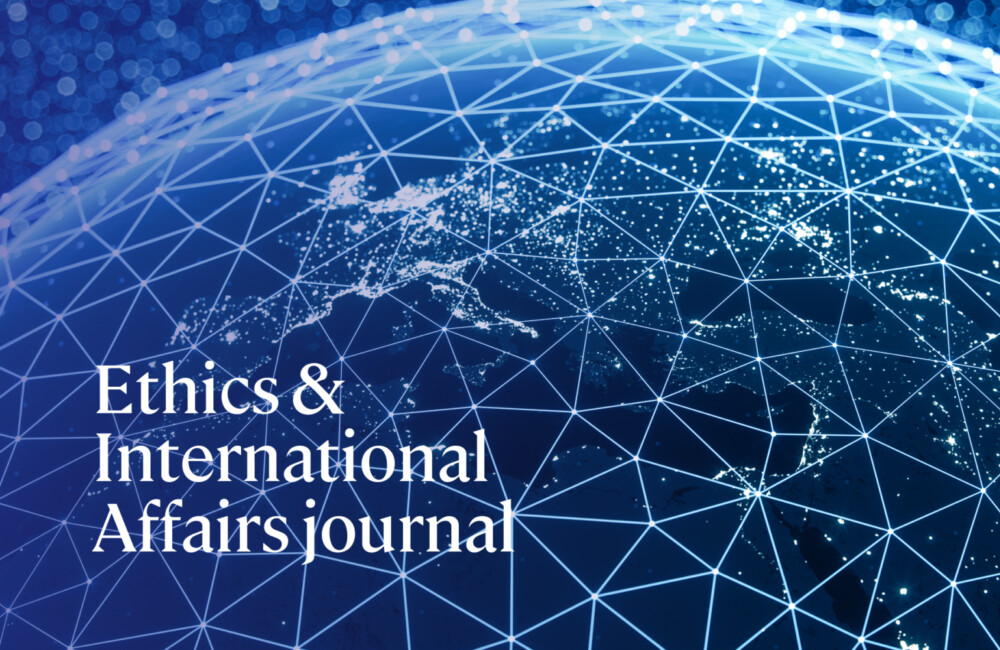To read or purchase the full text of this article, click here.
The notorious Bybee Memorandum produced by the Bush Administration in 2002 defends the use of coercive interrogation by (among other things) arguing that torturing terrorists in order to prevent future harm could be justified as a form of "self-defense." This argument relies on a recent and little-known theory of self-defense that I call the "distributive justice" theory. The goal of this essay is to demonstrate that distributive justice is a flawed theory of self-defense and must be rejected, thus undercutting the argument that torture can be justified as self-defense. Harm inflicted on a person who is in custody and no longer able to commit further acts of violence cannot plausibly be considered a form of self-defense.


